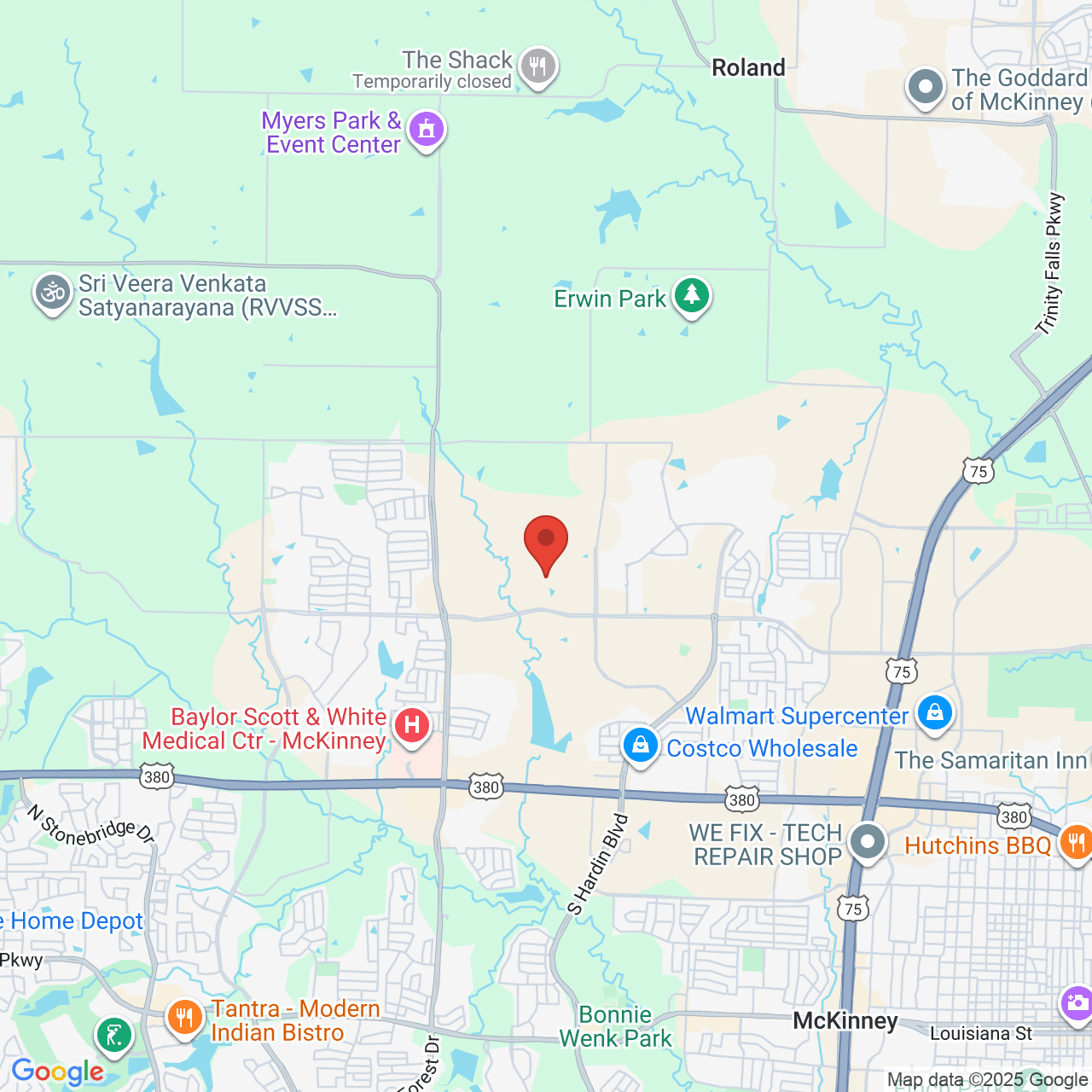Hair Discrimination at the Workplace: What You Can Do to Fight It

Texas workers are protected by state and federal employment laws that ensure a safe work environment free of harassment and discrimination. Laws against racial discrimination in the workplace have recently been expanded to prevent discrimination against natural hairstyles.
Although legal protections exist, racial and hair discrimination still occurs in the workplace. Workers in Allen, TX, Plano, TX, Frisco, TX, and surrounding areas who experience hair discrimination at the workplace can fight it. Racial discrimination lawyer Dan A. Atkerson works with victims of workplace discrimination to hold liable employers accountable and pursue appropriate compensation for damages.
The CROWN Act
The CROWN Act (Creating a Respectful and Open World for Natural Hair) is a civil rights law signed by Governor Greg Abbott in May 2023. The CROWN Act expands on the protections provided by Title VII of the Civil Rights Act of 1964 and the Fair Employment and Housing Act (FEHA). The CROWN Act adds natural hair as a protected racial characteristic, making race-based hair discrimination illegal in Texas workplaces, schools, and housing developments.
What Is Workplace Hair Discrimination?
Hair discrimination in the workplace is any negative behavior, repercussions, retaliation, or workplace decisions based on a person’s natural hair texture or style or protective hairstyles such as locks, twists, and breads. Common examples of hair discrimination in the workplace include:
- An employer policy that requires “clean and tidy” hairstyles
- A grooming policy requiring employees to conform to appearance standards
- Making hiring or firing decisions based on a person’s hair
- Assigning jobs or tasks based on the appearance of a worker’s hair
- Determining pay rates, training and promotion opportunities, benefits, or any other terms of employment based on a person’s natural hair or hairstyle
How To Fight Hair Discrimination in the Workplace
Employers who commit or allow hair discrimination against employees can face legal consequences. Victims of workplace hair discrimination can file a complaint with the Texas Workforce Commission (TWC) or the Equal Employment Opportunity Commission (EEOC). Claims can be filed through the mail, online, or in person. The agencies work together, so filing a claim with both is unnecessary.
When an employee files a claim with the TWC or EEOC, the agency investigates to determine if an employer acted unlawfully. After the agency makes its findings, it either attempts to reach a voluntary settlement or provides employees with a letter giving them the right to sue the employer.
Filing a Discrimination Lawsuit
Filing a discrimination lawsuit through civil court is another way employees can fight hair discrimination in the workplace. Racial discrimination lawyer Dan A. Atkerson collects evidence to establish workplace discrimination so liable employers can be held accountable for an employee’s losses. Potential damages in a racial discrimination lawsuit include:
- Back pay (lost earnings dating back to the time of discrimination)
- Front pay (wages likely to be lost in the future due to discrimination)
- Lost benefits
- Out-of-pocket expenses for job search, relocation, etc.
- Emotional pain and suffering
Contact Us
Workers subjected to hair discrimination or any other form of racial discrimination can meet with attorney Dan A. Atkerson to discuss the best way to hold employers liable for their actions. Contact our law firm at your earliest convenience to schedule a case review and learn about potential compensatory damages.



